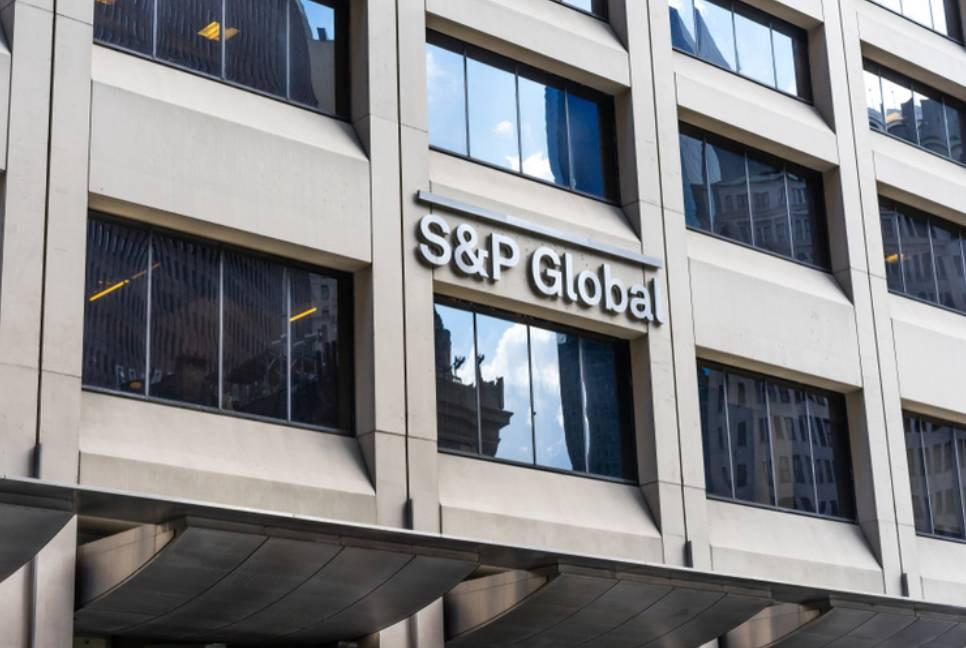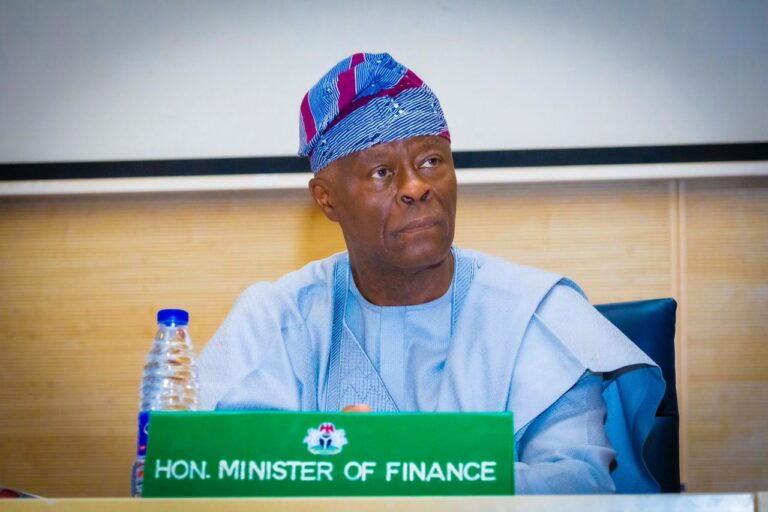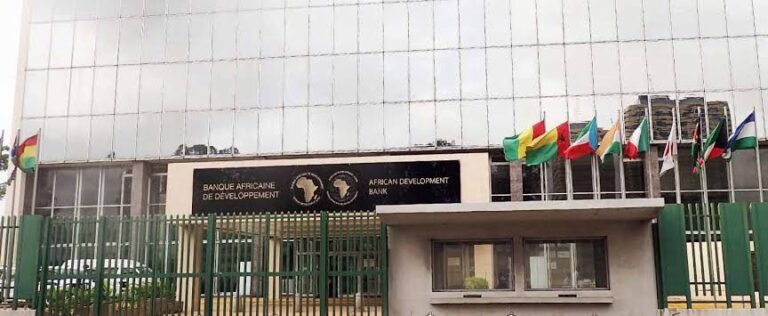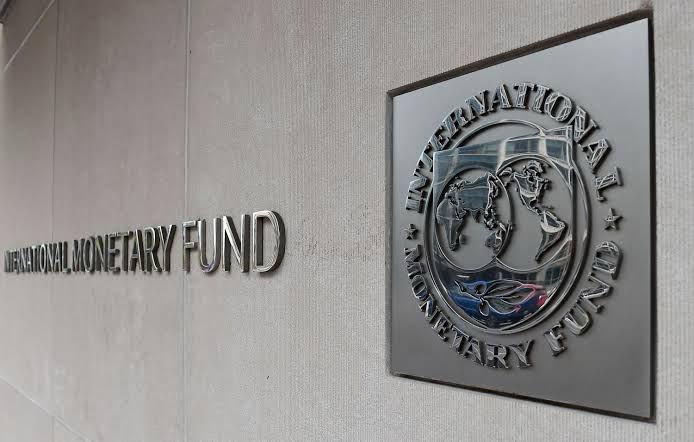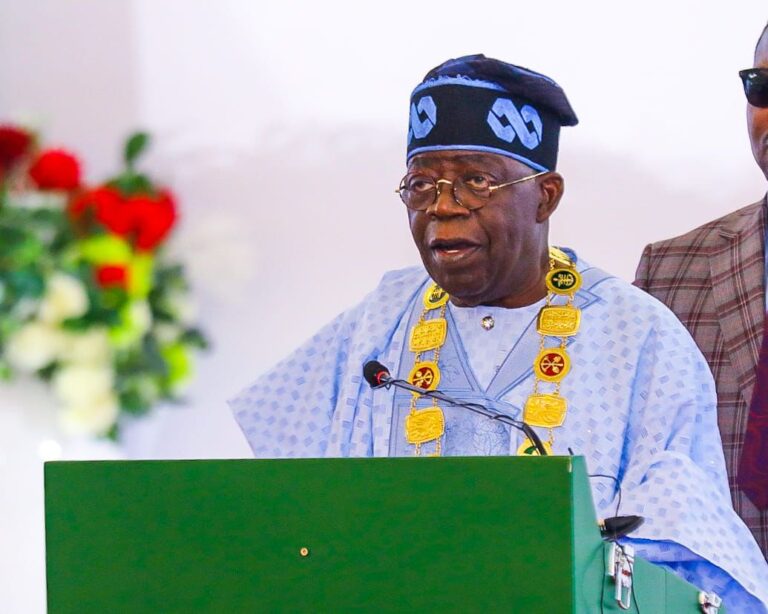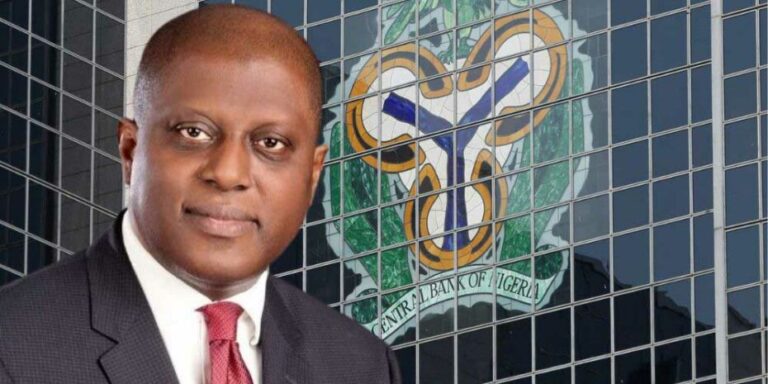By: ThinkBusiness Africa
S&P Global Ratings, the international credit rating agency, revised Nigeria’s sovereign credit outlook from ‘stable’ to ‘positive’ on Friday, signaling increasing investor confidence in the sustained economic reform agenda being implemented by the Nigerian government since mid-2023.
The agency simultaneously affirmed Nigeria’s ‘B-/B’ long- and short-term foreign and local currency sovereign credit ratings. The positive outlook suggests a potential further upgrade of the West African country’s rating over the next 12 months if the government successfully entrenches its fiscal and external gains.
S&P cited “broad-based structural indicators starting to improve” adding “The monetary, economic, and fiscal reforms being implemented by Nigerian authorities will yield positive benefits over the medium term,” S&P said.
The removal of currency trading restrictions and the establishment of a “willing-buyer, willing-seller” model has helped close the gap between official and unofficial exchange rates, boosting market confidence and attracting external funding.
Nigerian local currency (Naira) has seen stability and appreciated over 7% against the U.S dollar this year.

President bola Ahmed tinubu as part of his bold economic reforms had removed costly fuel subsidy, this move has been crucial for strengthening the government’s financing capacity.
A gradual rise in oil production, coupled with the landmark commissioning of the substantial Dangote refinery, is expected to significantly reduce the nation’s import bill and strengthen its external position.
The positive assessment is underpinned by strengthened economic projections. S&P now forecasts Nigeria’s real GDP growth to average 3.7% over 2025-2028, an increase from its previous forecast of 3.2%. This acceleration is attributed to expected higher oil production and improving private sector confidence.
The country’s external position has also seen notable improvement. Gross foreign reserves are estimated at just under $44 billion as of October 2025. The current account is expected to maintain a surplus position through 2028, supported by increased domestic refining capacity and reduced imports resulting from currency depreciation and subsidy removal.
In May, Moody global ratings upgraded Nigeria’s long-term issuer ratings from Caa1 to B3 and changed the outlook to Stable from Positive. Similarly, Fitch Ratings had Upgraded the country’s credit rating from ‘B-‘ to ‘B’ with a stable outlook.

Nigeria returned to the international money market last week with $2.35 Eurobond sales to finance its budget deficit. The bond was over subscribed by $13 billion.
This sovereign rating acts as a ceiling for corporate ratings. As the country’s creditworthiness improves, large Nigerian banks and companies (especially those that operate internationally, like those in the oil & gas or telecom sectors) can also see their cost of international borrowing fall, making expansion and long-term projects cheaper to finance.



